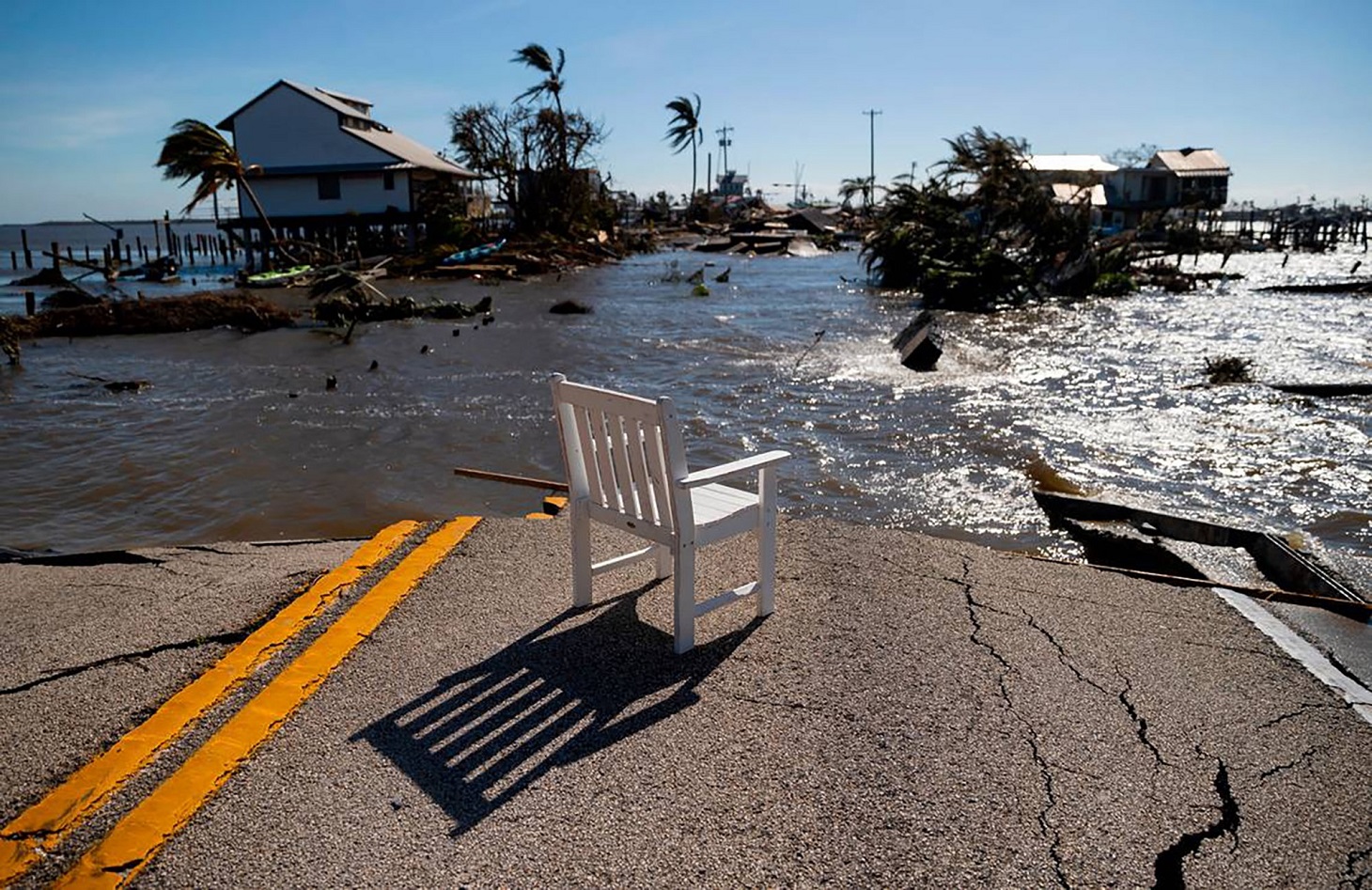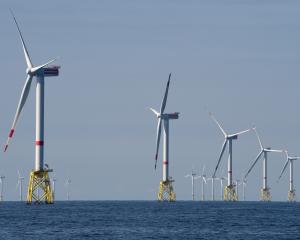

First, at the Climate Energy Finance (CEF) Symposium, hosted by the CEF group from the Otago Business School, there were a variety of speakers exploring the role of finance in mitigating climate change. One talk from Dr Alain Naef, an assistant professor at ESSEC Business School, in France, was memorable. He and his co-authors looked at the amount of trees that would need to be planted to offset the emission from fossil fuel companies. They found that to offset their indirect scope 3 emissions (the emissions from the fossil fuels they sell) pretty much the whole world would need to be covered in trees, except for land the size of Russia. That is a considerable amount of land!
The costs of the fossil fuel firms scope 3 emissions would be more in carbon tax than the net worth of the industry. The costs were calculated at 83 euros per tonne, as a carbon tax. The message that I took from this talk was about the risk associated with investing in fossil fuel industries. To meet the Paris Targets there is a need globally to reduce emissions by 43% by 2030. The costs of reducing such large emissions from this one industry are significant and somewhat unaffordable. As such, building resilience would seem to be investing in renewable energy and keeping away from fossil fuels developments, to avoid the risk of stranded assets, not to mention reputational harm.
Second, at the recent Australia New Zealand Academy of Management Conference, held in Wellington, one of the keynote speakers was Prof Paula Jarzabkowski, from the University of Queensland. Her recent book focused on the insurance sector and resilience. She advocated for Protection Gap
Entities to be formed to help deal with disasters from the likes of climate change. Citing the EQC as an example of a Protection Gap Entity, she said these types of entities can help those private and commercial interests that are unable to get insurance due to the risk reflective pricing that is increasingly being applied to insurance premiums. This means that if we start planning now and developing climate change protection entities then we can help communities to build back after experiencing some of the weather events that will occur.
Prof Jarzabkowski has made her book available freely online. I recommend having a read if you are interested in insurance industry, risk and financial resilience.
Both of these talks are about building resilience in readiness for climate change through decisions that we are making now. Increasingly, we are seeing business making changes to get ready for climate change, both in terms of mitigation or reducing carbon emissions and adapting to new systems and ways of operating.
As I’ve written about before, measuring carbon emissions at the firm level is a good place to start to understand how to manage carbon footprints. Understanding and managing carbon footprints are essential for creating readiness for climate change.
Every year students taking my course as part of the master of sustainable business complete a carbon footprint, as I think that it is important for any sustainability professional to have the skills to be able to compile an emissions inventory. Often students measure the emissions from their own flat. This gives them an understanding of their own impacts. It would be great though for the masters’ students to gain experience with measuring the emissions from a business. I’d like to both give students an opportunity to do so and offer businesses in Ōtepoti the opportunity to have it done.
If you’d like to have an emissions inventory report completed for your businesses, please get in touch with me. You will need to gather some information for the inventory and then a group of students will use that to calculate emissions and develop a report for your business. The report will then be checked before being shared with you. All data will be confidential.
It would be a great opportunity for students to have the experience of compiling a report and an opportunity for those businesses who are interested in knowing their carbon footprint to gain some insights. I hope to hear from some of you soon!
Professor Sara Walton works at the Otago Business School and is co-director of He Kaupapa Hononga Otago’s Climate Change Research Centre.













